In CA: You reopen, I stay closed, let's call the whole thing off
Restaurant and hotel workers will head back to work to bring seniors food as part of a new partnership unveiled Friday. And what happens as parts of California reopen and others don't? Plus, I talk to one of our partner newsrooms about how they're continuing to deliver vital content.
It's Arlene Martínez, with news to close out another shelter-in-place week.
But first: We're open, you're closed: The state's growing patchwork of shelter-in-place rules and human behavior.
And a quick programming note: I'll be out next week on unpaid furlough, which affects most employees of newsrooms across the USA TODAY Network. The coronavirus has slashed revenues for our industry, but our work remains more important than ever. I hope you'll consider subscribing to your local outlet to make sure it continues.
Stay safe and informed with news and resources from across the USA TODAY Network and beyond: Sign up for In California today (it's free!).
Food sector gets a boost by feeding seniors
Restaurants and hospitality workers will get paid to cook and deliver meals for at-risk seniors during the COVID-19 crisis, a new initiative designed to help several hard-hit groups at once.
Gov. Gavin Newsom announced the program, which he called the first of its kind, during his Friday news briefing. It means 1.2 million low-income seniors living isolated will potentially get food and socially distanced company, and the decimated food industry will go back to work. The initiative will also funnel cash to jurisdictions that are missing out on significant revenue from now largely absent food sector sales taxes.
“We are really addressing three problems at the same time in a very meaningful way," Newsom said.
FEMA will cover 75% of the costs associated with the new program and the state will pay just under 19%, leaving counties and cities to make up the difference.
The Golden State's 482 cities stand to lose $6.7 billion in revenue over the next two years, mostly from lost sales and hotel taxes.
Balconies, plastic bags, Treat Yo' Self and Trump's medical claims
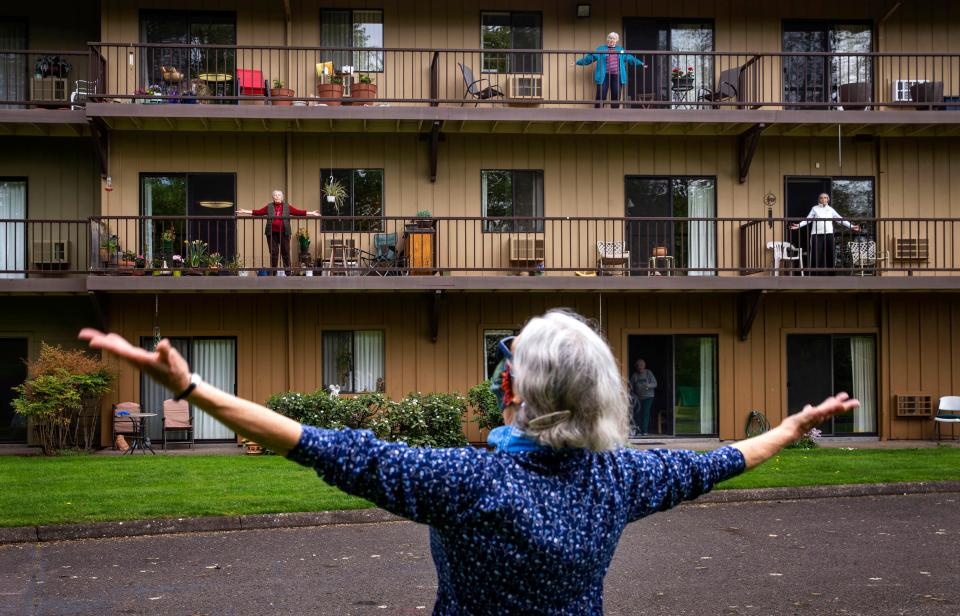
There are so many reasons to have useful balconies on every apartment - community building, fresh air, working out, pandemics. Here's why they're rare.
Treat Yo' Self to a special "Parks and Recreation" reunion show on April 30 at 8:30 p.m. It's to raise money for Feeding America’s COVID-19 Response Fund.
Grocers won't be charging 10 cents for plastic bags and they can hand out thinner ones, part of several changes meant to reduce essential workers' coronavirus exposure.
He's not a doctor, but he plays one on TV: President Trump's coronavirus treatment claims, in one place and debunked. The latest prompted Lysol to warn people against ingesting its products.
'It ripped my guts out ... he was sick and alone'
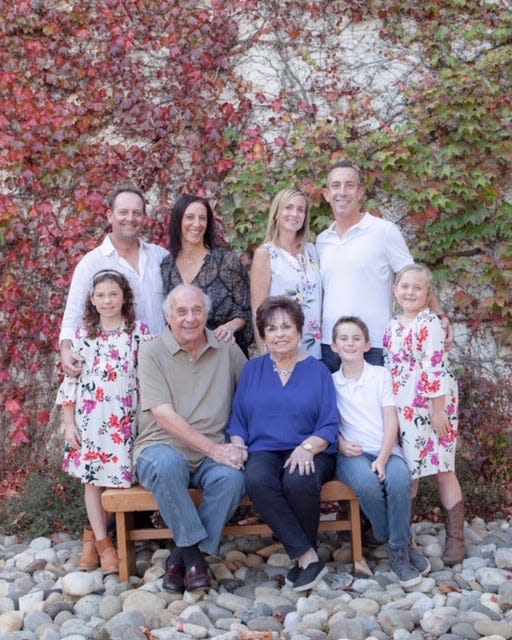
Loved by many, a friend he often seemed to everyone, Sid Sicoff died alone because he tested positive for COVID-19.
The 79-year-old Mason who acted half his age died at 1:09 a.m. on March 27 of respiratory distress in a Ventura County hospital.
His son and his son-in-law were allowed to visit him hours before he died. They could only look at him through a glass window because of the infectious virus.
His last conversation with his wife of 51 years was days before his death, when he still had enough air to talk.
"It ripped my guts out," his widow, Janet Sicoff, said. "... He was sick and alone. That’s the hard part of the whole thing."
A heartbreaking read about dying in a time of coronavirus.
Dispatches from the fields, city hall and schools
A Ventura farmworker, a San Jose McDonald’s employee, a Torrance meat-cutter from Vons: Illustrated stories reveal troubling peaks into workplaces.
Mariachis serenaded a group of farmworkers in Ventura County, a gracias for their grueling effort to bring food to our tables.
Leaders in McFarland, a small, cash-strapped city in the Central Valley, approved a private prison company's bid to expand its immigration detention capacity in Kern County by 350%.
The middle school students who produce the weekly Lobo News broadcast keep the hits coming, even as they S(chool)FH and ya, sometimes wake at 1 p.m.
What else we're talking about
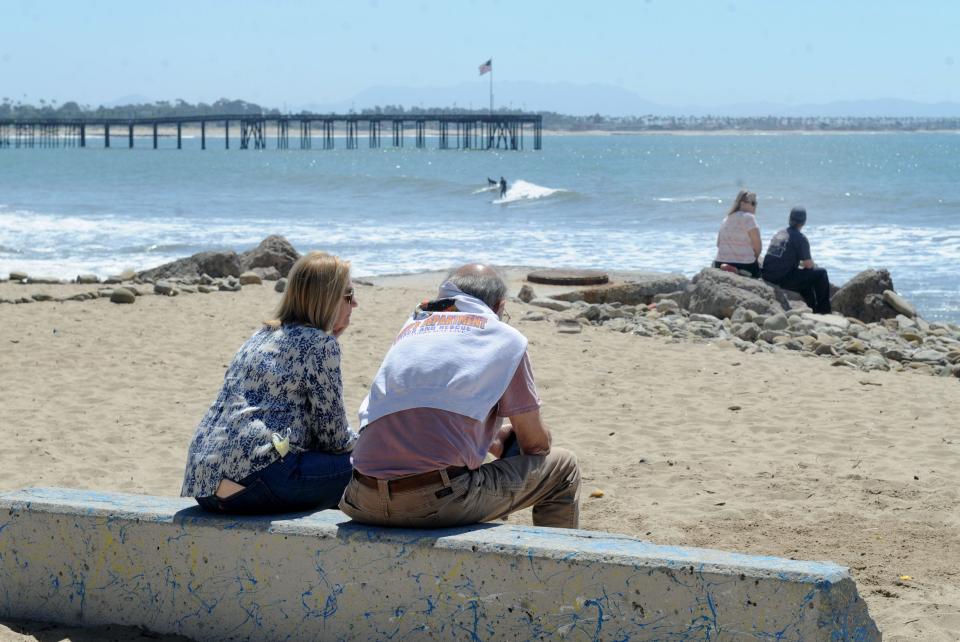
Beaches are open and closed, depending on where in the state you live. Check out photos from both, as a heatwave bakes all of us without AC.
In the blistering heat of the California desert, pools reopen with a caveat: Just one person at a time. No word on whether there's a time limit.
As the monthlong Ramadan began Thursday night, Islamic institutions open more virtual spaces for Muslims to come together.
In Salinas, a newsroom comes together to deliver vital coronavirus coverage
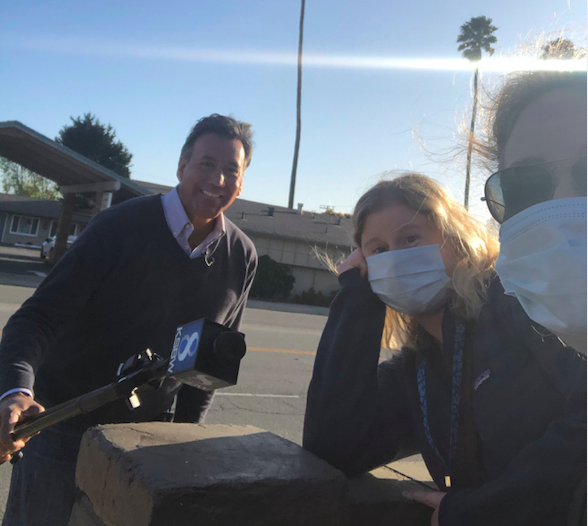
Kate Cimini is a reporter at the Salinas California, which covers Monterey County as part of the USA TODAY Network. Journalists are considered "essential" workers under the state's shelter-in-place orders, and we're out delivering critical information and front-line updates.
I asked Cimini to talk about the great work the newsroom has done since the coronavirus upended life as we know it.
The work isn't free and our company, mirroring the rest of our industry, has seen sharp declines in revenue. Please consider subscribing to your local media outlet so we can keep our vital work going, during the coronavirus and long after it's passed.
Here's Kate:
"Suddenly, we had to figure out how to connect with the public at a time when it wasn't safe for us — or for them — to go out and report in-person.
While a lot of reporting can be done over the phone, offices are closed to the public. It's harder to get access to public records and reporters are relying on public spokespeople to be forthcoming, which isn't always the case.
"That's definitely a challenge," said reporter Joe Szydlowski. "You're relying on the people in charge to do their job and be responsible."
Vulnerable populations can also be difficult to reach.
The guidelines were changing quickly, but now, when we go out — as David Rodriguez and I did to speak with farmworkers about protections and potential wage cuts — we wear face masks if possible.
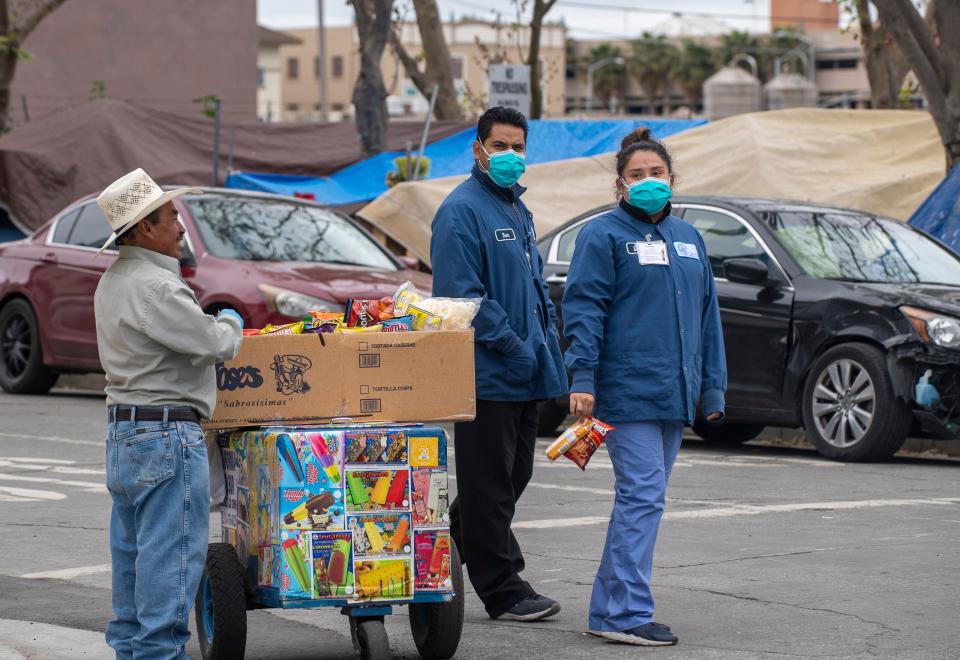
And when Szydlowski, sports reporter Ayrton Ostly and reporter/photographer David Rodriguez headed out to a nurses rally to demonstrate support for people without sufficient PPE, they gloved and masked up to shoot photos and report.
It's been particularly tough for Rodriguez, whose job as a photographer is to get up close and personal and connect readers to our subjects.
See some of his photographs here.
"The way I approach people has completely changed," said Rodriguez, citing the public's discomfort with interactions with other people right now. "I've had to minimize the human connection I usually have with people because I can't spend a long time with people anymore."
Rodriguez has also taken to keeping extra masks on him, wearing an N95 mask when he has to photograph large crowds and a colorful cloth mask when he works around children.
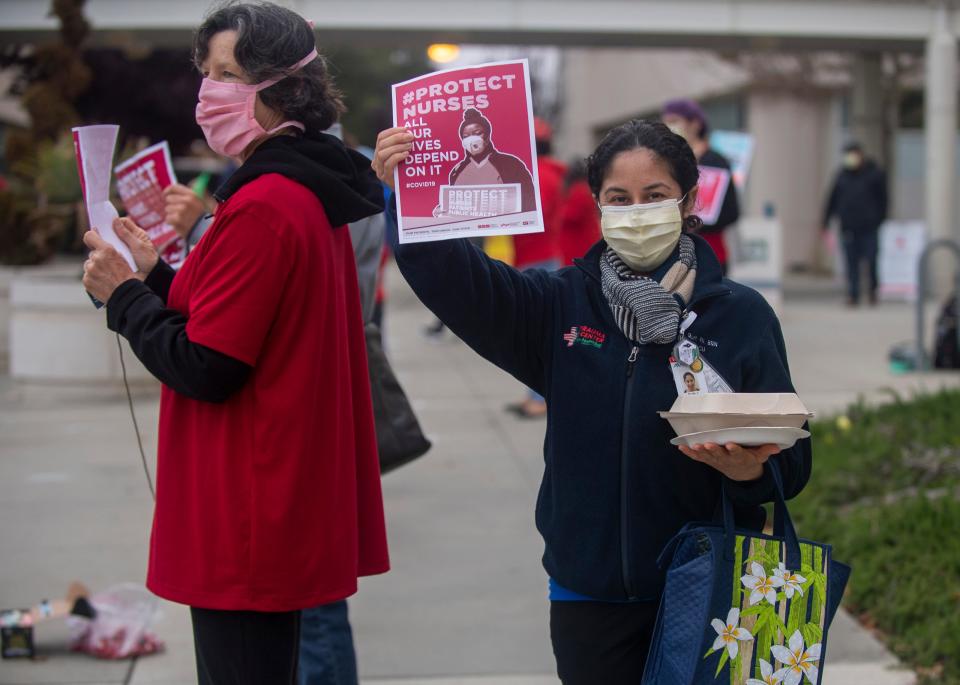
Sports reporter Ayrton Ostly had to do the biggest pivot of all: He began writing breaking news for us and attending virtual daily briefings, reporting the climbing COVID-19 numbers in Monterey County, as well as fleshing out our coverage with graphs and business pieces.
"I feel like I've had to relearn what I'm doing," said Ostly. "It's been a little stressful, but it's a brave new world for me."
OK, that's the last from me this week. See you May 4 (hopefully!).
In California is a roundup of news from across USA TODAY Network newsrooms. Also contributing: LA Times, San Francisco Chronicle, Rolling Stone, CityLab.
This article originally appeared on USA TODAY: COVID-19, California, restaurants, heatwave, balconies: Fri news

